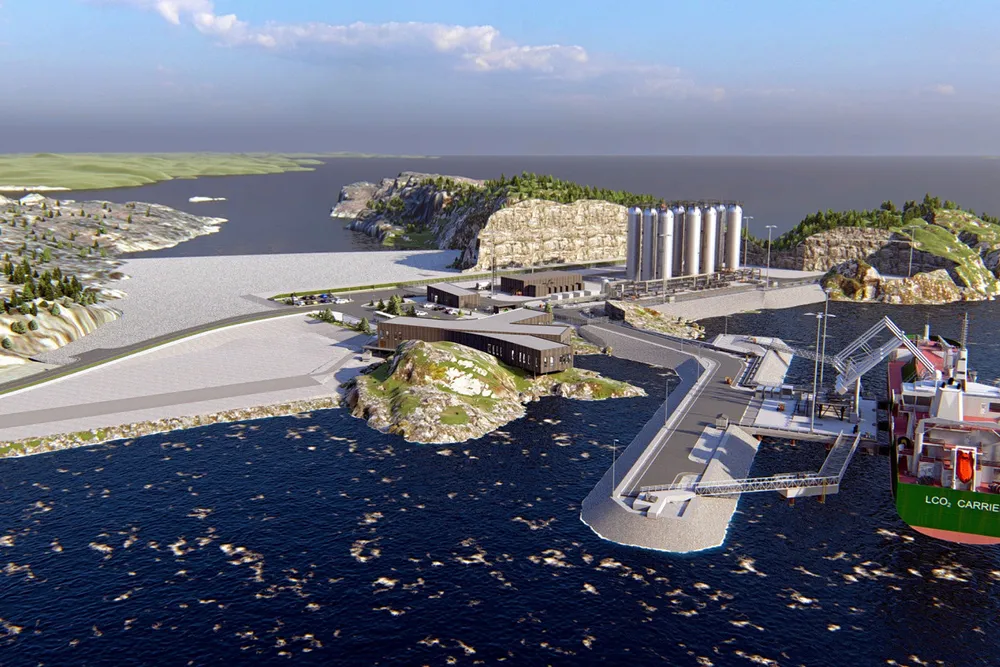Carbon capture comes out on top at ONS
Large-scale investments announced at the conference show the way to set up much-needed infrastructure to move and store carbon dioxide

Large-scale investments announced at the conference show the way to set up much-needed infrastructure to move and store carbon dioxide
